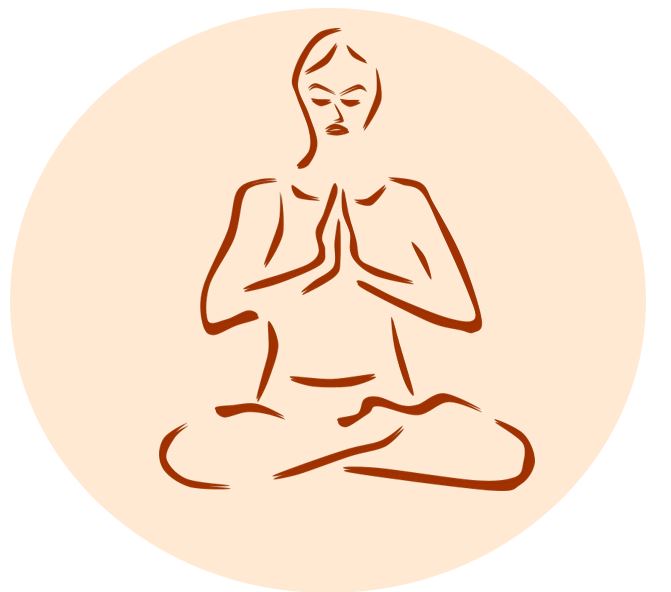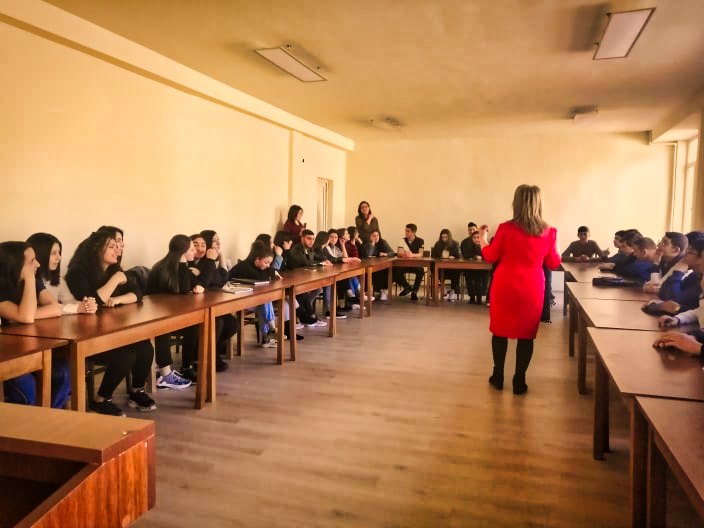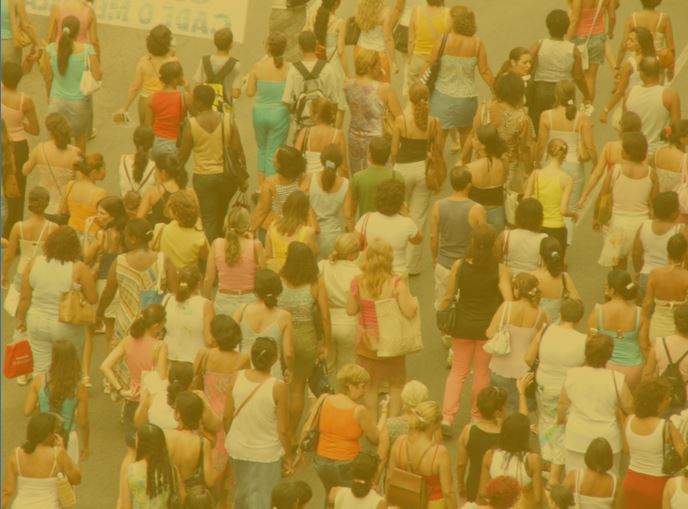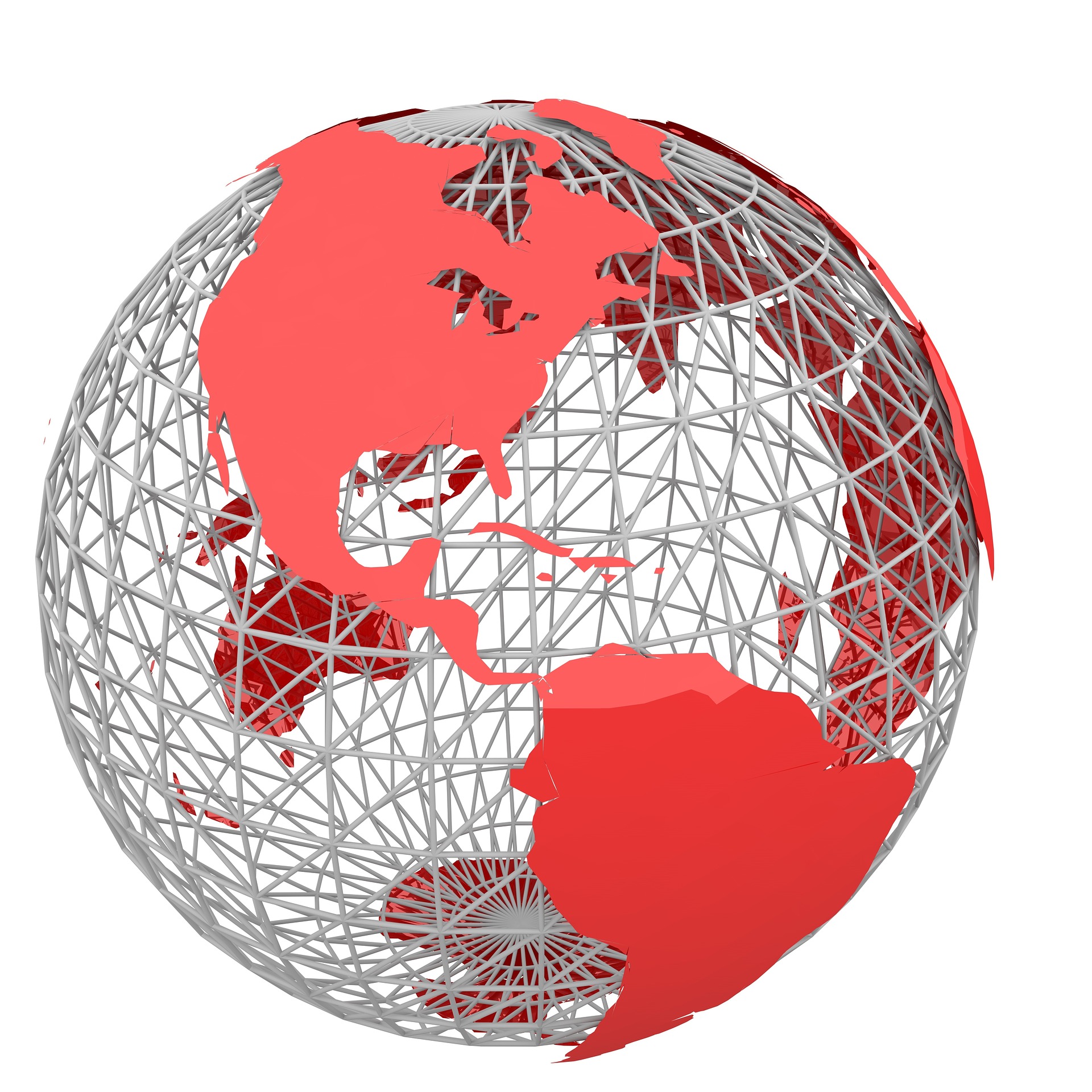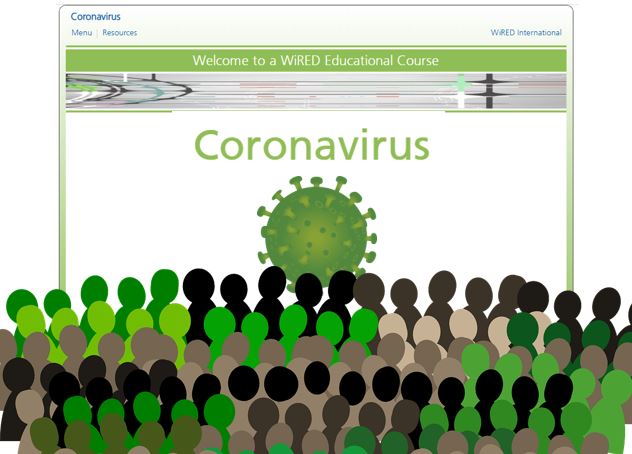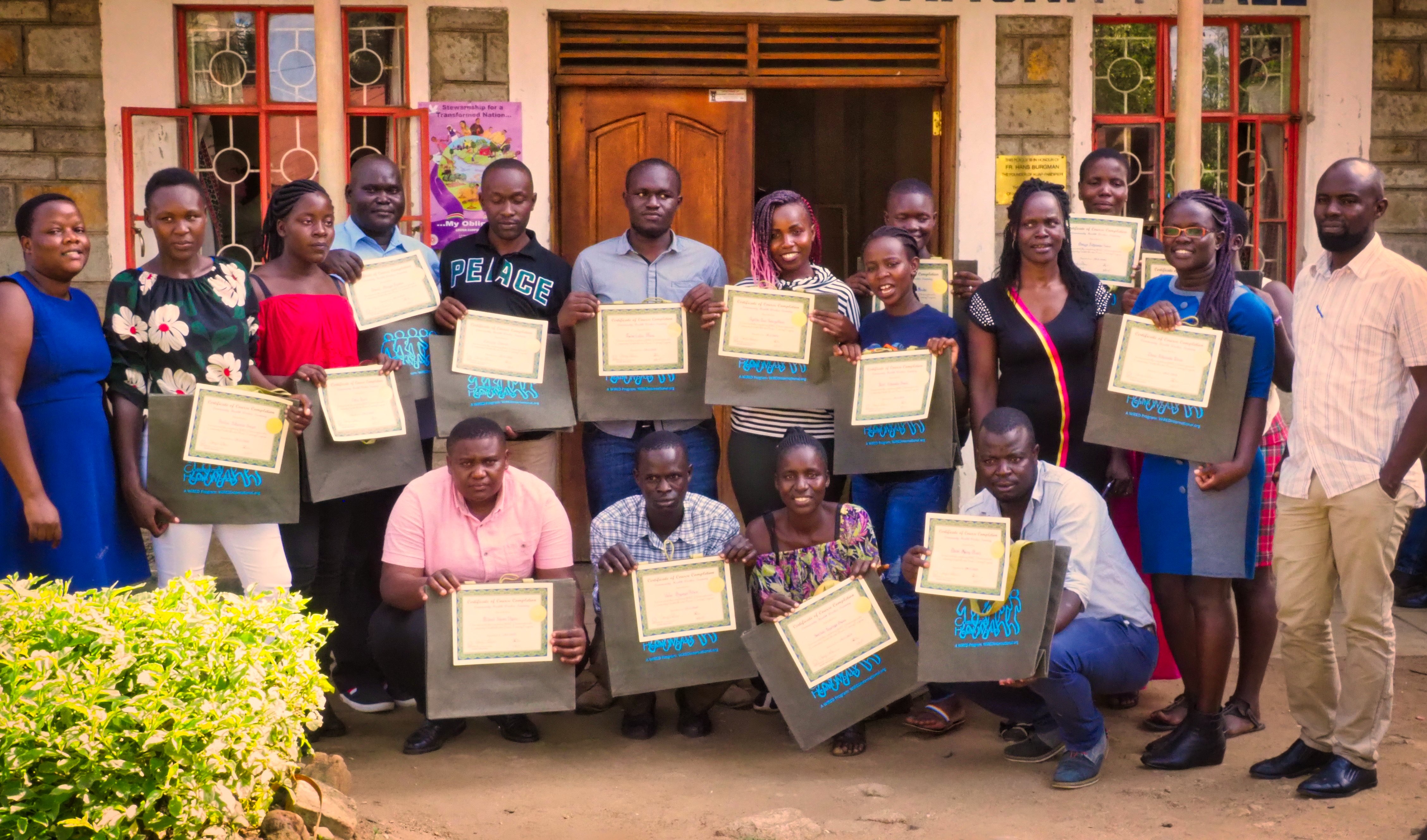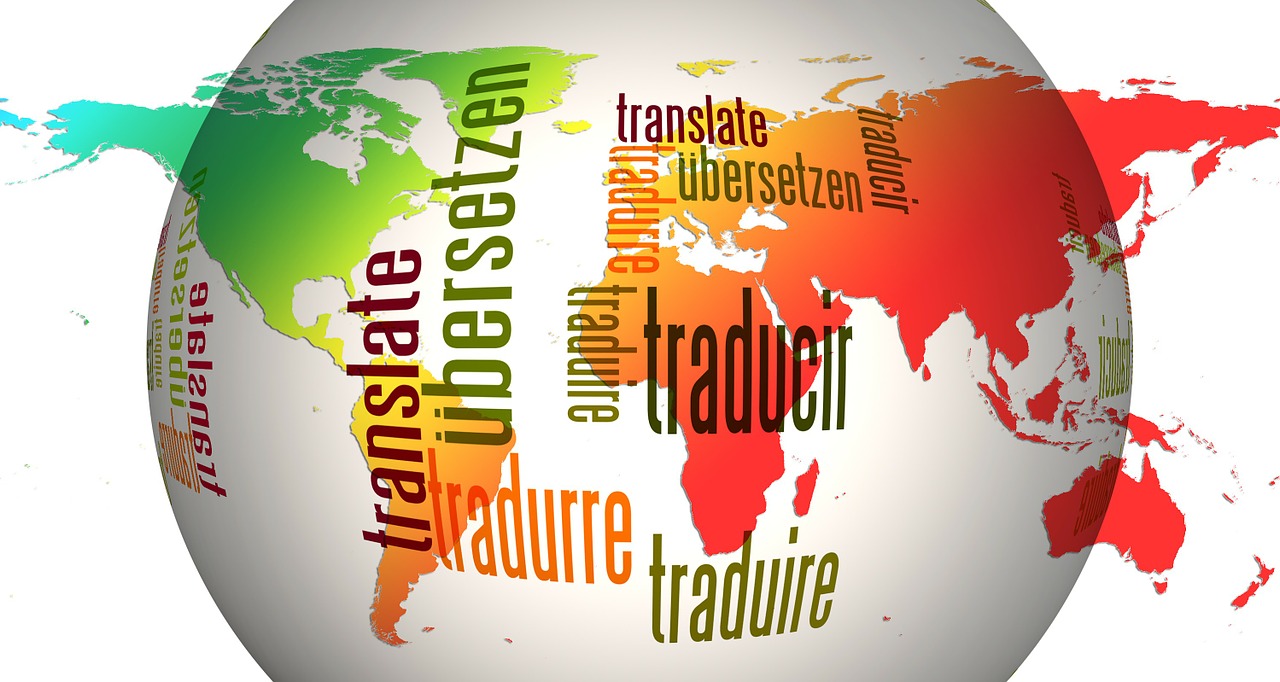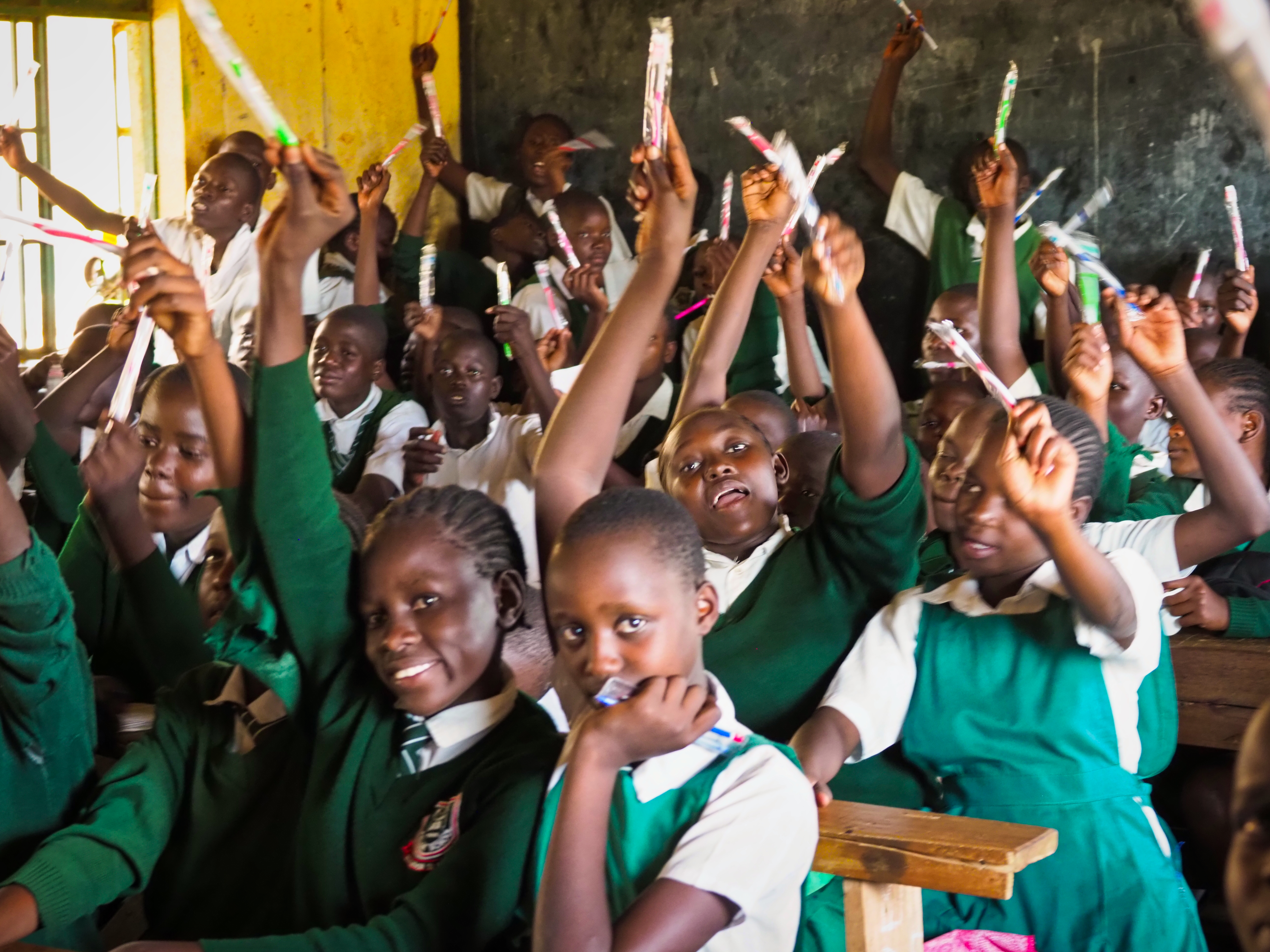How to Cope with COVID-19 Stress
Posted onManaging stress during the COVID-19 pandemic is no easy task, especially when cooped up inside. The U.S. Department of Veteran Affairs’ (VA) National Center for PTSD has posted a useful guide to handling the pressure as well as offering a downloadable handout. The following are excerpts from the VA’s steps to reduce anxiety.

